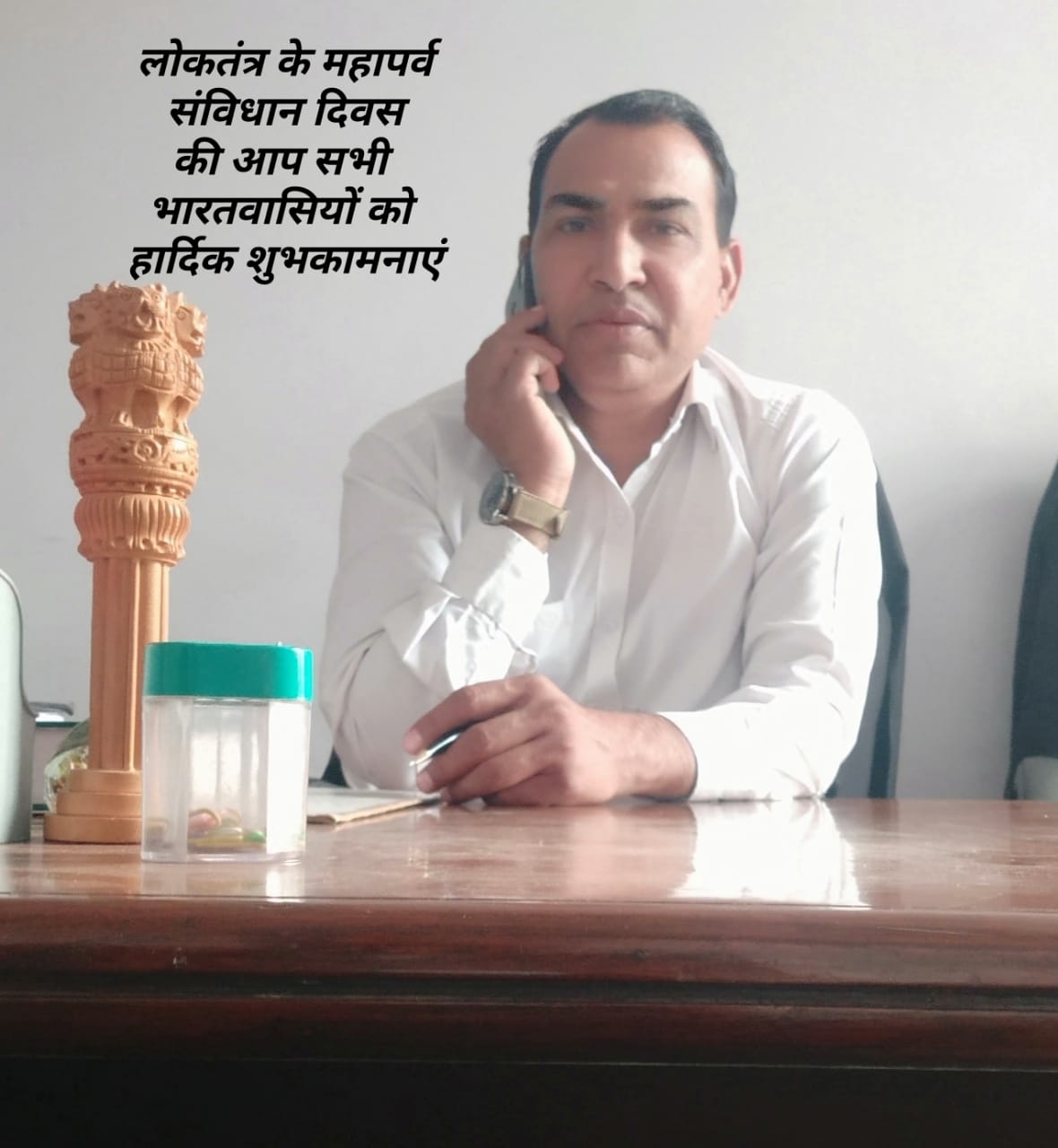Answer By law4u team
In homicide sentencing, victim impact statements play a crucial role in helping the court understand the emotional and psychological impact of the crime on the victim’s family and loved ones. These statements are presented during the sentencing phase of a trial and offer a personal account of how the victim’s death has affected the victim’s survivors. While the defendant’s actions and the nature of the crime are typically the primary considerations for sentencing, victim impact statements can influence the court’s decision by providing a human element that may sway the judgment in favor of harsher penalties, such as the death penalty or a longer prison sentence.
Role of Victim Impact Statements in Homicide Sentencing
1. Providing a Personal and Emotional Perspective
Victim impact statements are typically read aloud in court by family members or loved ones of the victim. These statements describe the emotional toll the crime has taken on the survivor(s), how their lives have been disrupted, and the lasting trauma they have experienced as a result of losing their loved one.
This emotional testimony helps the court to understand the human consequences of the crime, adding a personal dimension to the legal process. For example, a statement might describe how the victim’s death led to a loss of financial support, emotional distress, or disruption of family life.
These accounts often humanize the crime for the court, which may otherwise focus on legal considerations like evidence and precedent.
2. Influencing Sentencing Decisions
Victim impact statements can influence the aggravating factors considered by the judge during sentencing. Aggravating factors are circumstances that increase the severity of the crime and can justify harsher sentences, such as first-degree murder or the death penalty. The emotional and personal nature of victim impact statements can serve as a powerful argument for severity in sentencing.
In capital punishment cases, where the death penalty is a possibility, these statements can play a significant role in the jury’s decision-making process. The statements help jurors understand the long-term emotional consequences of the crime on the victim's family, which can weigh heavily when determining whether to impose the death penalty or a lesser sentence like life imprisonment.
For example, in cases where the murder was especially brutal or where the defendant shows little remorse, victim impact statements may help justify the death sentence or prevent a more lenient sentence.
3. Conveying the Impact on the Family and Community
Victim impact statements not only provide insight into the victim’s family’s pain but also emphasize the broader societal impact of the crime. A statement from a family member might describe the victim’s role in the community or how the loss has left a void for friends, colleagues, and others who relied on the victim.
In some cases, the statement may also express how the loss has affected the family’s mental health, such as causing depression, anxiety, or even post-traumatic stress disorder. These emotional details are considered by the court in understanding the full scope of harm caused by the crime.
4. Highlighting Aggravating or Mitigating Factors
Aggravating factors refer to circumstances that make the crime more severe and deserving of a harsher punishment. These can include things like premeditation, the brutality of the crime, or the fact that the victim was especially vulnerable (e.g., elderly or a child).
Victim impact statements can emphasize these aggravating factors by illustrating the nature of the victim's suffering. For instance, if a crime involved torture, or if the victim’s family has experienced profound emotional suffering, the statement may help the court recognize the extent of the crime’s severity and the emotional damage caused.
Conversely, if the defendant shows remorse or if there are mitigating circumstances (such as a history of abuse), the court might consider statements that provide insight into the victim’s prior relationship with the defendant. This can influence whether the sentence is more lenient.
5. Role in Parole Hearings
Victim impact statements are not limited to the sentencing phase of a homicide trial; they can also be presented at parole hearings if the convicted murderer is seeking release. In these hearings, victim families or their representatives may provide statements to argue against the defendant’s release.
These statements help the parole board assess the continued emotional and psychological impact of the crime on the victim’s survivors. If the family strongly opposes parole, their statement may play a crucial role in ensuring that the murderer remains imprisoned, especially if the parole board feels that the crime’s emotional toll on the victim’s family has not been adequately considered.
6. Providing a Sense of Justice for the Victim’s Family
For the victim’s family and loved ones, victim impact statements can also provide a sense of closure and validation for their pain. Speaking directly to the court allows them to express their grief and ensure that the victim is not forgotten as just a case number or statistic in a legal proceeding.
The statements give the family a voice in the criminal justice system, which can sometimes feel impersonal or focused solely on the defendant. This personal connection helps the family feel heard and acknowledges the human cost of the crime.
Example
In a case where a defendant is convicted of first-degree murder for killing a woman during a robbery, the victim’s family submits a victim impact statement. The statement is read aloud in court by the victim’s sister, who describes how the victim was the sole breadwinner for her two young children and how the murder has left the family in emotional and financial turmoil. The statement highlights the brutality of the crime, as the victim was found in a violent and disturbing state. This personal testimony may influence the judge or jury to impose a harsher sentence, potentially recommending the death penalty or a life sentence without parole.
Conclusion
Victim impact statements are a powerful tool in homicide sentencing because they provide the court with insight into the emotional and psychological consequences of the crime on the victim’s family and loved ones. They play an important role in helping the court assess aggravating factors, such as the extent of suffering, and can influence decisions regarding whether a death sentence or life imprisonment is warranted. Additionally, these statements provide a sense of closure for the victim’s family and ensure that their pain is acknowledged in the legal process. Ultimately, victim impact statements contribute to a more holistic view of the crime and its effects, balancing the need for justice with the recognition of the profound emotional costs to those left behind.







